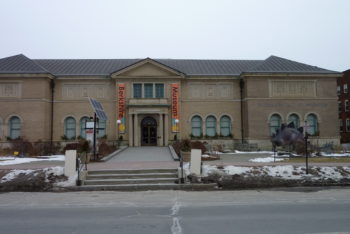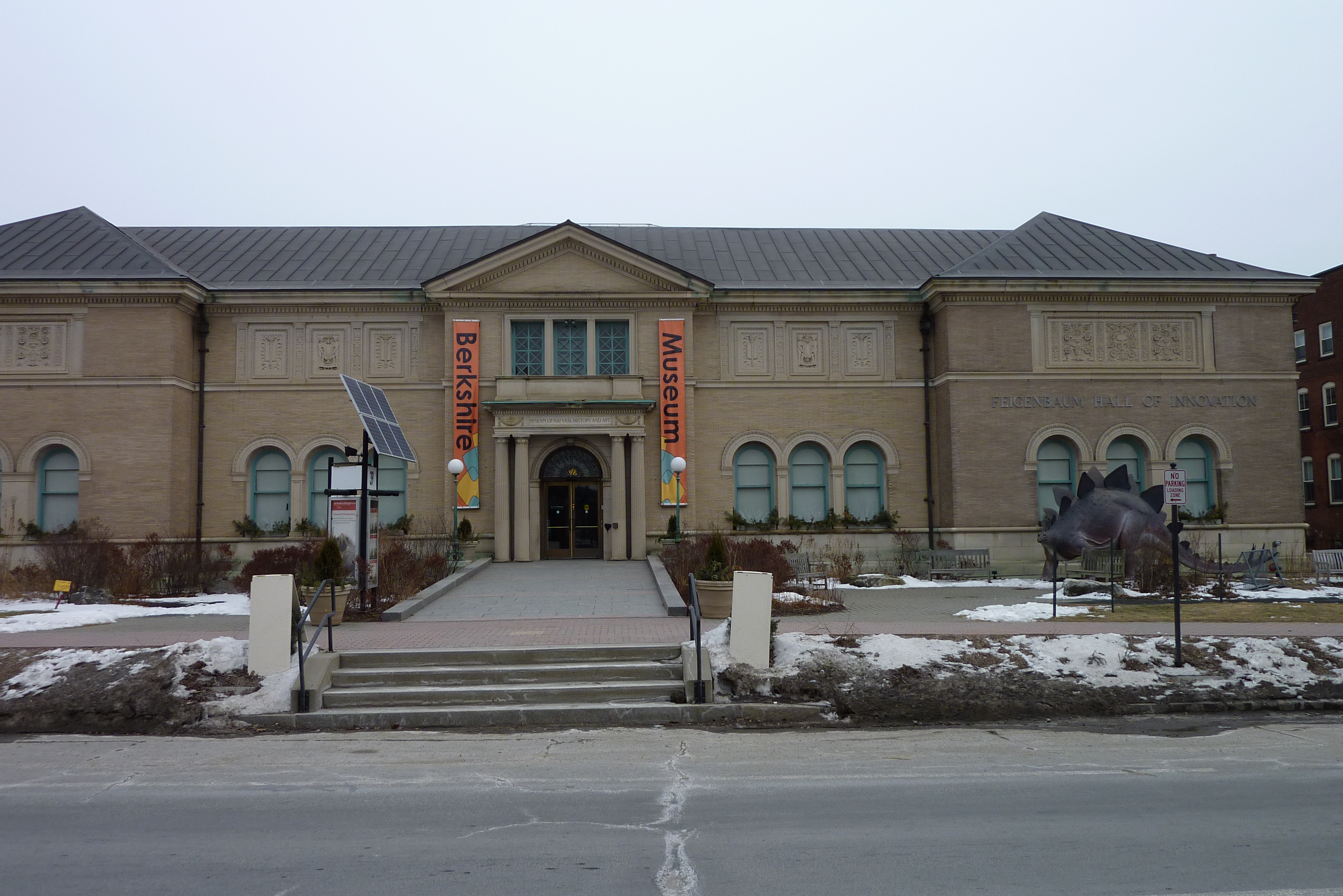[ad_1]

The Berkshire Museum.
JLLMO6/WIKIMEDIA
The Association of Art Museum Directors said today that it will impose sanctions on the Berkshire Museum in Pittsfield, Massachusetts, and the La Salle University Art Museum in Philadelphia for recently selling art for purposes that violate the organization’s guidelines. The decision, reached by a vote of the AAMD’s board of trustees, asks the group’s 243 member institutions not to lend works to—or borrow works from—the two museums, and that they not work with the museums on exhibitions.
The Berkshire Museum has so far sold 13 works from its collection (eleven at auction at Sotheby’s, two via private sale), including two major Norman Rockwells, in a bid to raise funds to close what its leadership has termed a structural deficit, to make renovations, and to build an operating endowment. La Salle University, for its part, announced in January that it would sell off more than 40 works, including an Ingres and a Tintoretto, in order to fund various educational initiatives, though as Lee Rosenbaum has documented, it has seen a number of lots fail to find buyers on the block.
“Selling art to support any need other than to build a museum’s collection fundamentally undermines the critically important relationships between museums, donors and the public,” the AAMD wrote in a statement announcing the sanctions that emphasized that it had repeatedly attempted to counsel both institutions on other courses of action. “When museums violate the trust of their donors and the public, they diminish the opportunity and responsibility to make great works of art available to the public. This hurts the individual institution and affects the museum field as a whole.”
Neither La Salle nor the Berkshire Museum immediately replied to a request for comment on the sanctions. (This post will be updated if they do.)
As Carolina A. Miranda pointed out in a 2014 Los Angeles Times article, the efficacy of such sanctions is an open question, particularly once sales have already occurred. Leaders at both La Salle and the Berkshire Museum embarked on their plans knowing there might be sanctions and saw them through regardless.
In a similar case in 2008, the AAMD sanctioned the National Academy Museum in New York for selling two paintings to make ends meet, Miranda noted, citing analysis by Rosenbaum, but the association lifted them two years later. In 2016, the National Academy announced it would sell its Fifth Avenue home in order to shore up its still-precarious finances.
[ad_2]
Source link

